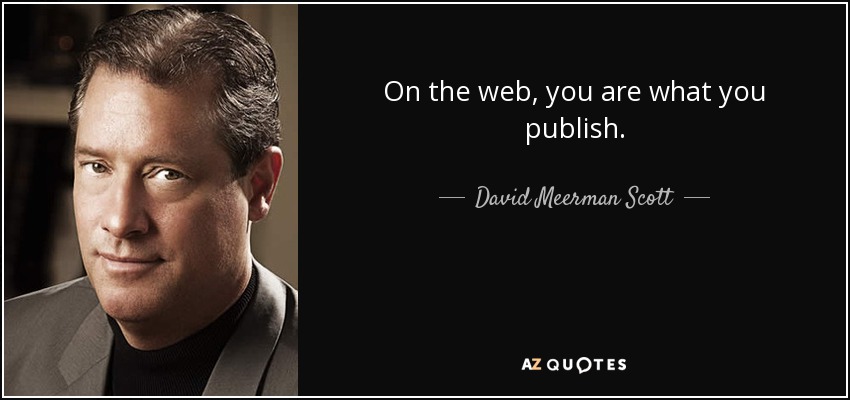If your digital media profiles (Facebook, Twitter, LinkedIn…) look like any of the ones below, fix them now or get off the Internet. First impression is you look like a troll or a spammer. We are not going to give you the time of day if you can’t give your network the time of day.
It’s amazing how many times you see a connection request from someone on LinkedIn or Facebook or a new follower in Google+ who have absolutely no information in their profiles at all — people you personally know. But if you don’t know them, how do you know they’re not a serial killer? You have to wonder why they reached out if they’re not a spammer or phisher.
The sad thing is, some of these belong to real people. Although I may still connect with them if it’s a friend, I will advise them as diplomatically as I can to get a profile picture. I’ll say something like this: “Hey, nice to see you here. Now put up a photograph or you look like a spammer.”
Because social sites are used more to connect with potential business prospects, if you have nothing in your profile but your name, you’re leaving a lot of money outside of your computer. Consider your LinkedIn, Facebook, and Google+ profile/about pages your resume. The more information you put here about yourself — like what you do, the type of work or customers you’re looking for, links to project examples that back up your work or other ways to connect — the greater chance of you getting an unplanned referral or prospect to connect with you.
It’s time to do our part to improve digital media (I’ll get to the literacy aspect another time). If any of your profiles look like these, fix them now or get off the platform. Otherwise, are you a troll or a spammer?
Are you a serial killer?
The following video is more about personal connections, but the message is the same. No picture, not information = you’re CREEPY.
Originally published December 14, 2015. Debbie Elicksen. freelancepublishing.net.





